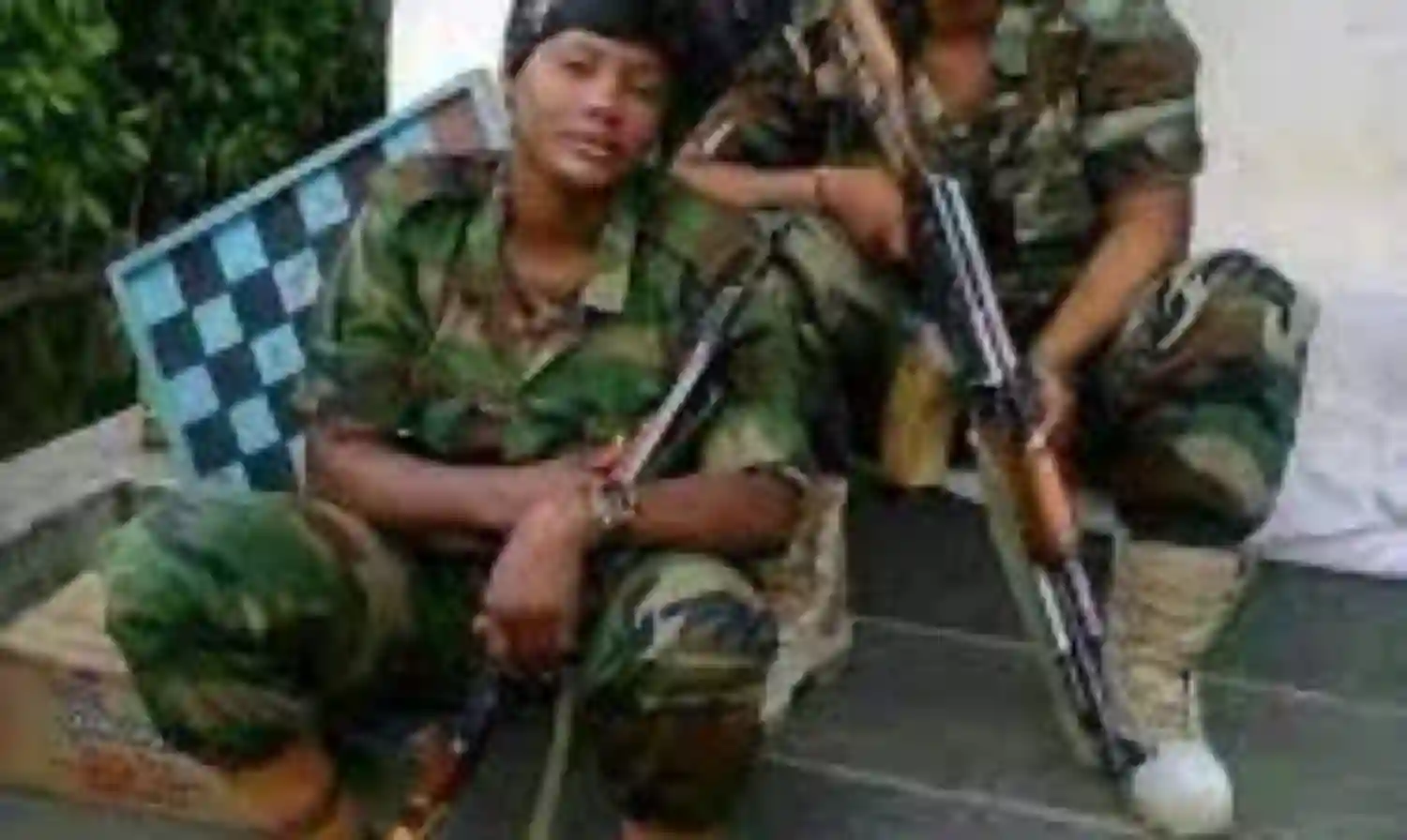No discrimination between male, female soldiers, says Army GOC
The adoption of the policy by the military will enable it to effectively compete favourably with its counterparts across the globe.;

The Nigerian Army says it does not discriminate between male and female soldiers in its internal security operations.
Maj.-Gen. Olufemi Oluyede, the General Officer Commanding (GOC) 6 Division, Nigerian Army, Port Harcourt, stated this on Thursday at a sensitisation workshop organised for troops of the division in the Rivers capital.
Oluyode, however, said that both genders were assigned different responsibilities towards achieving its set objectives.
The workshop organised by the Department of Civil Military Affairs, Army Headquarters, had the theme: "Gender Mainstreaming for Enhanced Professionalism in the Nigerian Army."
The GOC, represented by Brig.-Gen. Edore Agbebaku, the division's Signal Commander, said the army had made it a priority to balance duties among personnel, irrespective of their gender.
"To this end, the army headquarters is conducting this awareness, to enable us to understand the roles of men and women participating in various military activities.
"The army has identified working with various peers as key for success in our internal security operations, in conjunction with sister security agencies," he said.
Oluyede said the military's development of gender policy was in tandem with the Federal Government's policy that focused on promoting gender mainstreaming and women empowerment.
"The adoption of the policy by the military will enable it to effectively compete favourably with its counterparts across the globe.
"It will also facilitate strategic collaboration and gender sensitive approach by the various security services, given the multidimensional conflicts and security challenges confronting the country.
"The policy will therefore create an enabling environment to prevent gender disparity in the military, often regarded as a profession that is exclusively preserved for men," he added.
Supreme reports that participants were drawn from the army and also the navy, police and Federal Road Safety Corps (FRSC).
The resource persons were drawn from the UK's Royal Army.

